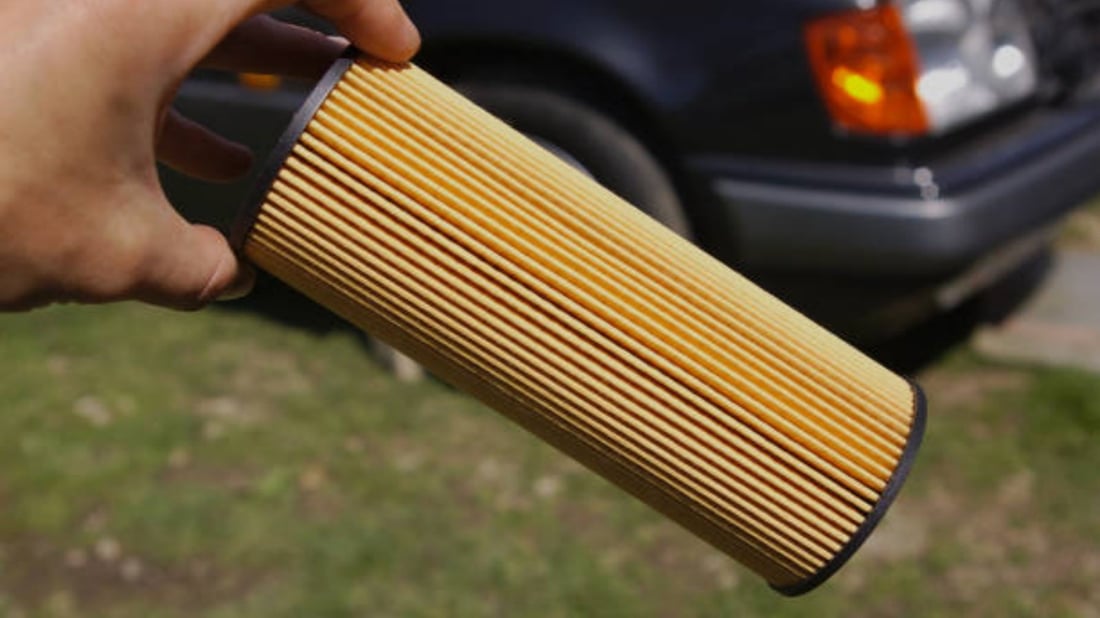What is an Oil Filter Element?
An oil filter is a vital component in the lubrication system of an internal combustion engine. It removes contaminants from the engine oil in order to ensure optimum engine performance and longevity. The oil filter element is the heart of the oil filter, responsible for capturing and trapping particles that could damage the engine if they were allowed to circulate in the oil.
Types of Oil Filter Elements
Oil filter elements can be categorized into three main types: cellulose, synthetic, and hybrid. Cellulose filter elements are made from wood pulp, and are the most common type of oil filter element. Synthetic filter elements are made from a variety of synthetic materials, and offer superior filtration performance and longer life. Hybrid filter elements combine the best properties of both cellulose and synthetic filters.
How Oil Filter Elements Work
Oil filter elements work by using a variety of filtration media to trap contaminants. As the engine oil passes through the filter, particles are captured by the filter media. The size and efficiency of the filter media determine how well the filter can remove contaminants from the oil. Some oil filter elements also use additives to enhance filtration performance.
When to Change your Oil Filter Element
It is important to change your oil filter element on a regular basis, usually at every oil change. Over time, the filter element will become clogged with contaminants, reducing its effectiveness. A clogged filter can also cause a drop in oil pressure, which can lead to engine damage.
Oil Filter Element Maintenance
While oil filter elements should be changed regularly, there are some things you can do to extend their life and improve their performance. One of the most important things you can do is to use high-quality oil. Cheap oil can contain contaminants that will clog the filter element more quickly. You can also use oil additives that will enhance the filter's performance.
Oil Filter Elements for High-Performance Engines
High-performance engines place greater demands on oil filter elements. These engines generate more heat and have higher operating pressures, which can cause traditional cellulose filter elements to break down more quickly. Synthetic and hybrid filter elements are better suited for high-performance engines, offering better filtration performance and longer life.
The Importance of OEM Oil Filter Elements
While there are many aftermarket oil filter elements available, it is important to use OEM filters whenever possible. OEM filters are designed specifically for your engine, and are engineered to meet strict performance and quality standards. Using aftermarket filters can void your engine warranty and potentially cause engine damage.
Oil Filter Elements and Fuel Economy
Proper maintenance of your oil filter element can lead to improved fuel economy. A clogged filter can cause your engine to work harder, reducing its efficiency and burning more fuel. A clean filter element helps your engine run more smoothly and efficiently, which can lead to lower fuel consumption.
The Environmental Impact of Oil Filter Elements
Oil filter elements are made from a variety of materials, including cellulose and synthetic fibers. These materials can take a long time to break down in the environment, and can be harmful to wildlife if they are not disposed of properly. Many local governments offer recycling programs for used oil filters, which can help minimize the environmental impact.
Conclusion
An oil filter element is an important component in the lubrication system of your engine. It is responsible for removing contaminants from the engine oil in order to ensure optimum engine performance and longevity. Choosing the right oil filter element, changing it on a regular basis, and properly maintaining it can all help to ensure that your engine runs smoothly and efficiently.

